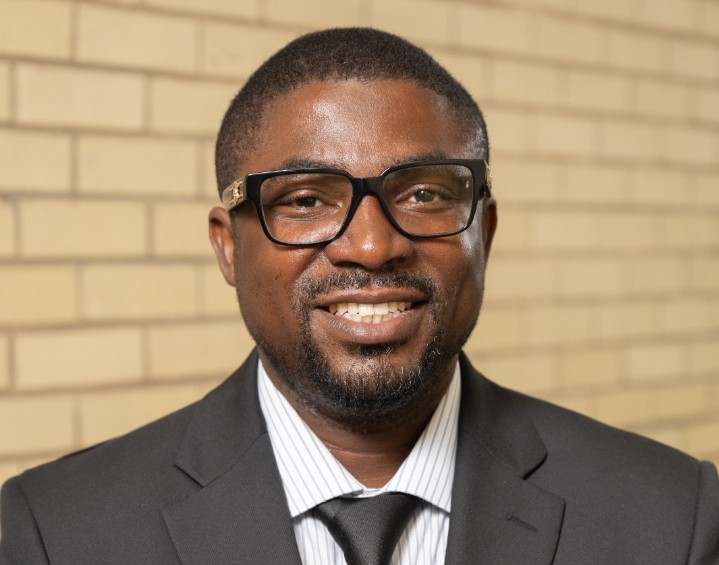In an era of increasing digital threats, the security of real estate transactions has become more critical than ever. In this interview with Ifenayi Ibeh, renowned Real Estate Cybersecurity expert, Martins Awofadeju, spoke about his innovative work in protecting this essential industry.
What inspired you to focus on cybersecurity, specifically for real estate?
My motivation came from witnessing devastating losses firsthand. I’ve seen families, who spent years saving for their dream home lose everything in an instant due to sophisticated wire fraud schemes. One particular case involved a retired couple, who lost their entire retirement fund just hours before closing on their forever home. These personal stories showed me that real estate needed specialized cybersecurity solutions. My background in digital forensics gave me unique insights into how these attacks succeed, and I knew I could develop more effective protections by deploying artificial intelligence (AI) techniques and of other cutting-edge technologies that have advanced security capacities.
How do cybersecurity needs differ between emerging and established markets?
In emerging markets like Nigeria, we are building security systems alongside rapidly developing digital infrastructure that presents both challenges and opportunities. We can implement cutting-edge solutions without legacy system constraints. In the U.S., the real estate ecosystem is more developed and complex, with numerous interconnected systems creating multiple potential entry points for attackers. My experience across these environments allows me to develop adaptable security frameworks that can strengthen transactions regardless of market maturity.
Can you describe your technological approach?
Our flagship platform, RealGuard AI, uses machine learning algorithms specifically trained on real estate transaction patterns to detect anomalies in real time. We’ve also implemented blockchain technology to create immutable records of ownership and transaction details, eliminating opportunities for document tampering. Our Digital Twin security framework simulates potential vulnerabilities in property management systems before they can be exploited. This multi-layered approach creates comprehensive protection throughout the transaction lifecycle.
Why should people understand the urgency of your work?
Real estate transactions represent the largest financial decisions most people would ever make. When these transactions are compromised, the damage extends far beyond the immediate financial loss. We have seen victims lose homes, retirement savings, and suffer significant psychological trauma. At a macro level, widespread fraud undermines trust in property markets and can destabilize entire economic sectors. Our work isn’t just about protecting transactions; it’s also about preserving the foundation of economic security for individuals and communities.
How do you address the human element in security?
Although technology provides essential protection, the human factor remains crucial. We’ve developed immersive training programs that simulate actual fraud scenarios, allowing real estate professionals to experience potential threats safely. We’ve found that these practical demonstrations dramatically improve security awareness compared to traditional training. Our programs teach specific verification protocols that can be implemented at critical transaction points, creating multiple layers of human verification alongside our technological solutions.
What’s your vision for the future?
I’m working towards creating a unified global standard for secure property transactions. We’re developing cross-border verification systems that would allow instant authentication of ownership records anywhere in the world. Our advanced predictive analytics tools would identify emerging threat patterns before they become widespread, enabling proactive rather than reactive security measures. Ultimately, I want to create a world where property transactions are inherently secured by designs, regardless of location or market conditions.
What advice would you give to people engaged in real estate transactions?
Always verify transaction details through multiple channels. Never rely solely on email communications for sensitive information. Implement strong authentication methods at every stage of the transaction process. Ask detailed questions about the security measures your real estate professionals have in place. Remember that taking an extra few minutes for verification can protect your life’s biggest investment. Security should never be an afterthought in real estate. It should be foundational to every transaction.






